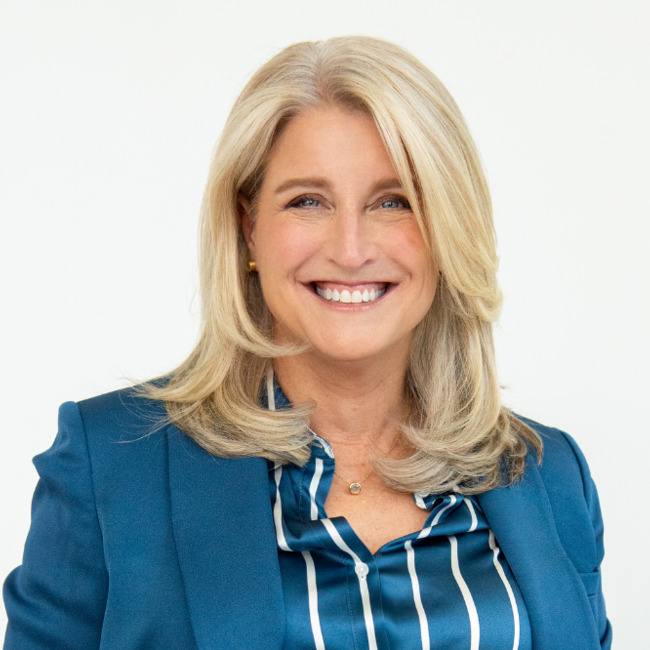How to Take Smart Risks

October 30, 2014
Lisa Bodell
CEO, FutureThink; Bestselling Author, Why Simple Wins
Written by: Will Yacowicz
Are your employees averse to taking risks to create your company's next new product or service? The problem may be misguided leadership.
Every company says that it puts a premium on innovation, but in practice many have a culture that is intolerant to risk.
Ron Ashkenas, a managing partner of Schaffer Consulting, and Lisa Bodell, the founder and CEO of innovation training company FutureThink, write in Harvard Business Review about a survey they conducted with employees of a global company that publicly touted how much it supported research and development of new products, processes, and practices. Only 17 percent said their bosses would approve and reward them if they developed and tried "new and untested ideas." A whopping 47 percent said the reaction would be "unpredictable."
"Most senior managers agree that taking risks is important for innovation, but in far too many cases, they don't act like they believe this," Ashkenas and Bodell write. "In other words, the reality in many organizations today is that despite the public emphasis on innovation, the underlying culture may be strongly risk-averse. As one senior manager in a large financial institution said to one of us (only partially tongue-in-cheek), 'The key to success here is to never make the same mistake once.'"
If this sounds like you and your fellow executives, then you have some work to do. Below, see how Ashkenas and Bodell suggest you can become more like Tesla, Google, and other companies with environments that are properly open to risk and tolerant of ones that don't pay off.
Define smart risk-taking
To start, your employees need to know what exactly risk-taking means to you, and the circumstances in which you support it. "The better innovation companies distinguish the areas where risk is encouraged, and where it is not. One of our clients, for example, makes it clear that there should be minimal 'execution risk' regarding customer commitments and financial results, but encourages 'discovery risk' in developing new solutions to customer problems," Askenas and Bodell write.
"These guardrails define the 'safe zone' for innovation, and they should include specific parameters such as time ... or financial impact."
Write your own language
Before action, there need to be words. "Language drives behavior and creates a mindset around what's acceptable and what's not. For example, using terms like 'experiment' or 'scouting mission,' instead of 'successful vs. unsuccessful project,' will signal a more open attitude toward risk," Ashkenas and Bodell write. "Centering innovation activities on the concept of 'exploration' eases the tension associated with trying new things. That's why Amazon's Jeff Bezos encourages an 'explorer mentality' rather than a 'conqueror mentality' in his teams, so that their focus is on forging new paths rather than just doing better than their competitors."
Smaller, faster, better, stronger
Ashkenas and Bodell hold up Tesla as a model for organizational structure. "Size matters, and when it comes to innovation risk, smaller--and faster--experiments are often better," they say. "Tesla keeps teams small, so they maintain an entrepreneurial mindset with a higher tolerance toward risk than older firms in the automotive industry that rely on larger teams." The duo also points to DARPA, which has only two management layers to keep innovation in the fast lane. The agency's motto? "Urgency inspires greater genius."
Don't hand out blank checks
Companies don't support risk and innovation in practice because it can become costly if you don't lay down strict rules. "If you currently have risky (and expensive) innovations in your pipeline, stop providing blank checks. Instead, fund each project in clearly defined phases. If it passes one phase, give it additional funding," Ashkenas and Bodell advise. They write that Google gives teams strict three-month timelines to bring a concept to fruition. If the concept is not viable at deadline, the team is disbanded.
For more information on how to book Lisa Bodell for your next event, visit premierespeakers.com/lisa_bodell.
Source: Inc.com









